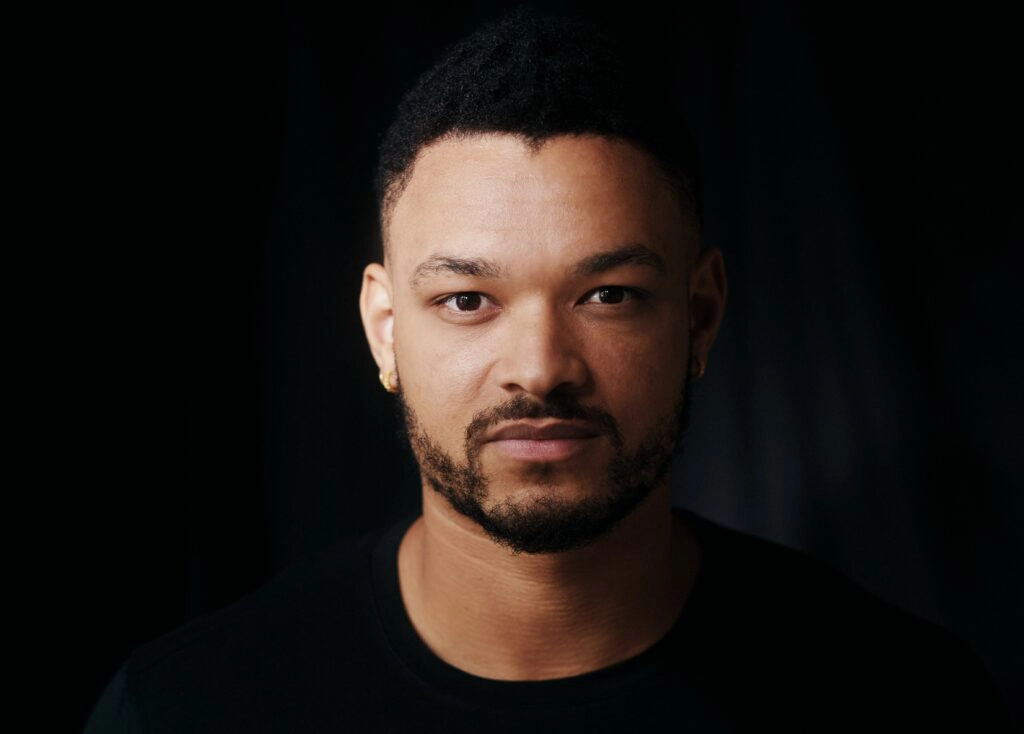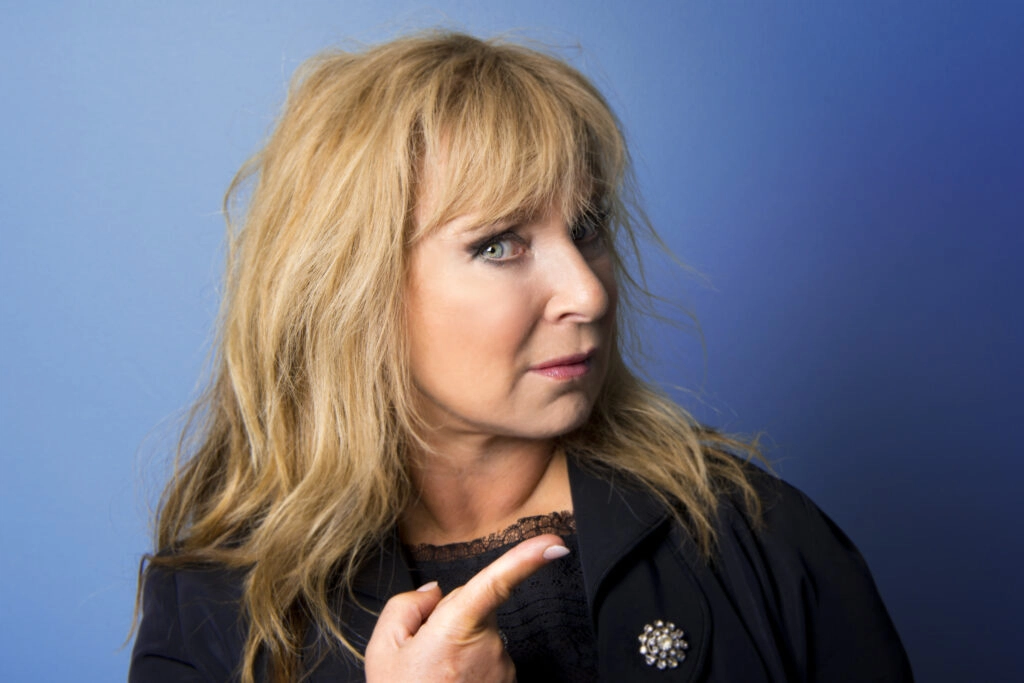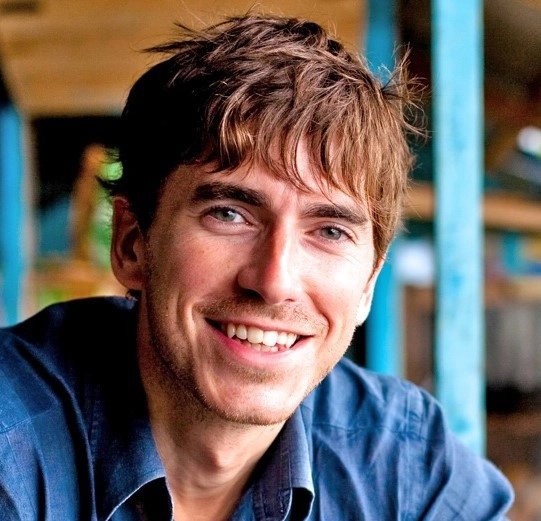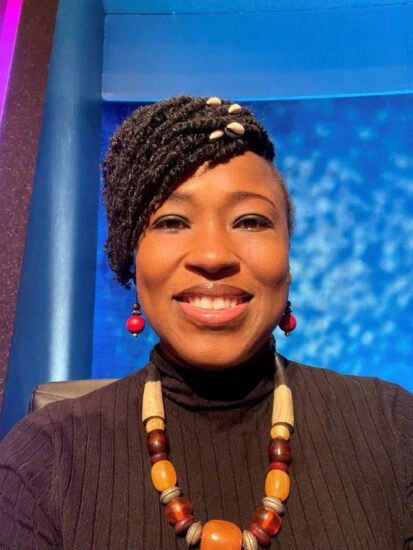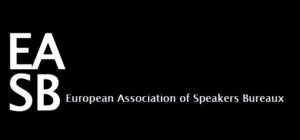Annual Events:
Fees:
*Fees are a guide only. Exact cost will be dependent on requirements and are subject to change.
Philip Baldwin
Philip Baldwin is an award-winning human rights activist, columnist and radio host. He has a particular focus on HIV, LGBTQ+ issues, homelessness, asylum, inclusion and international human rights. He is a highly regarded public speaker and, with his experience as a radio presenter, he makes a great panel or event host, including awards ceremonies.
About Philip Baldwin
Philip Baldwin felt his life changed forever when he was diagnosed with HIV at the age of 24. The feeling of being an outsider has shaped Philip’s perspective and has empowered him to be the activist he is today. He is frequently in the media, including radio and TV and has given keynote speeches across Europe. These include Prague Pride and London Pride. Philip also delivered keynote speeches at Oban, Bute & Dunoon Pride, Tamworth Pride and Reading Pride, in 2021.
Philip Baldwin was 24-years old when he walked into the clinic a confident lawyer, going for a routine sexual health screen on 18th January 2010. He left a terrified patient, facing a life-changing diagnosis of HIV.
Philip’s HIV diagnosis made him feel as if he had thrown his entire life away. This was compounded when, the following week, he was also diagnosed with hepatitis C. It took Philip three years to come to terms with being co-infected with HIV and hepatitis C. He felt alienated from HIV negative gay men on account of his HIV and alienated from HIV positive gay men on account of his hepatitis C. He had to deal with the dual stigma of both HIV and hepatitis C. At the end of 2012, Philip told his employer and his parents about his HIV and hepatitis C. Similar to coming out as gay, he found it hardest to tell the people he loved the most.
Once Philip had come to terms with his diagnoses, he started to think about how he could help other people. Philip increasingly became involved in charitable work. At the end of 2014, he was offered a column by HuffPost, initially to reflect on what it was like to gay, HIV positive and working in financial services. It was at this point that Philip’s activism really snowballed. He increasingly focused on his campaigning and decided, in early 2015, to leave the City and become a full time activist.
From 2012, Philip also became increasingly interested in faith. He started going into churches over his lunch breaks from work, at first to admire the architecture and appreciate the sense of calm, but he started to realise that there was more to these places than merely columns, architraves and stained glass. In 2015, he was confirmed at Southwark Cathedral. This was the perfect place for his confirmation, as Southwark Cathedral also houses the UK’s only HIV/AIDS shrine. Two important facets of Philip’s identity, HIV and faith, were united and celebrated.
In early 2017, Philip cleared his hepatitis C, following a course of the new 12-week direct-acting antiviral treatments. Meanwhile the range of Philip’s activism had broadened. He started out campaigning for people living with HIV and/or hepatitis C, but was soon advocating across a range of LGBTQ+ issues, as well as homelessness, asylum and following his confirmation – faith inclusion. He started speaking out about global LGBTQ+ rights a few years ago and this organically led him to speak out about other global human rights abuses. Philip’s activism continues to develop organically, as he grows as an individual.
Philip is now a trustee of a number of charities, has regular magazine columns and hosts a radio show. He considers himself privileged to advocate on HIV and LGBTQ+ issues, and tries to use that platform to help others facing prejudice and discrimination. Philip’s HIV and hepatitis C taught him what it feels like to be an outsider and that lived experience, alongside his faith, informs his campaigning.
What are the main LGBTQ+ rights issues in the UK today?
- Philip gives a short introduction, describing who he is and what he does
- Philip gives an overview of recent LGBTQ+ history, focusing on legislative advances from the decriminalisation of gay/bi men with The Sexual Offences Act 1967 to equal marriage in 2013. Philip then discusses five of the main issues currently facing LGBTQ+ people in the UK, highlighting recent legislation and statistics
- Protecting and advancing trans rights in the UK
- Banning so-called “conversion therapy”
- The challenges faced by LGBTQ+ asylum claimants
- Hate crime
- Black Lives Matter through an LGBTQ+ lens and how we can be better allies
- Philip concludes with an overview, including what people can do to help advance LGBTQ+ rights in the UK now.
Global LGBTQ+ rights
- Philip gives a short introduction, describing who he is and what he does
- Philip briefly sets out the rights LGBTQ+ people enjoy in the UK
- He then moves on to discuss Europe, focusing on the outliers (Hungary, Poland and Russia)
- Africa and the UK’s legacy of colonial era anti-LGBTQ+ legislation
- Philip compares the UK’s colonial legacy, in terms of anti-LGBTQ+ legislation, to that of France and Portugal
- Depending on the requirements of the client, Philip can then either discuss LGBTQ+ rights in the USA, Australia or Japan
- Philip concludes by drawing together various trends, possibly touching on the rise of authoritarian regimes in some parts of the world and the apparent erosion of liberal democracies, political polarisation, global cultures wars, the rise of the internet etc. Philip would also reflect on any LGBTQ+ news stories from the past week that the audience may have come across and give some practical advice on how people can be better allies to the LGBTQ+ community globally
Coming Out
- Philip gives a short introduction, describing who he is and what he does
- Philip describes his own coming out journey, while emphasising that everyone’s coming out journey is unique
- Philip was bullied at school for being gay. He attended secondary school between 1996 and 2003, so just as the era of Section 28 was coming to an end
- Section 28 of The Local Government Act 1988 prohibited the discussion of LGBTQ+ issues in schools
- Philip first came out to a friend at school when he was 16, in 2001
- Philip came out more broadly when he started at Oxford University in 2003
- Philip describes how he became an out and proud gay man and also touches on the key legislative developments taking place in the UK at the time
- Philip was diagnosed with HIV in 2010. He went through a second coming out process surrounding his HIV status
- Following his confirmation in 2015, Philip discussed his faith publicly in the media for the first time and, in many ways, this can be considered a third coming out journey
- This speech therefore encompasses coming out, HIV and faith. Philip would describe the main developments which have taken place around HIV treatments, as well as setting out the current situation in the UK for LGBTQ+ people of faith
- Philip concludes with his top five coming out tips and how allies can support LGBTQ+ people on their coming journey
HIV
- Philip gives a shot introduction describing who he is and what he does
- Philip narrates the story of his own HIV diagnosis, which took place in January 2010
- Philip gives an overview of the HIV/AIDS pandemic, from the early 1980s to the present day, both from a UK and global perspective
- Philip selects four HIV positive people who particularly inspire him today, encompassing different identities, LGBTQ+ and straight.
- Philip highlights the most recent developments in terms of HIV treatments
- Philip briefly reflects on attempts to “cure” HIV
- Philip ends by reflecting that while there have been incredible medical advances, the stigma surrounding HIV remains huge
Philip is happy to write bespoke speeches, but template speeches are also available upon request.

